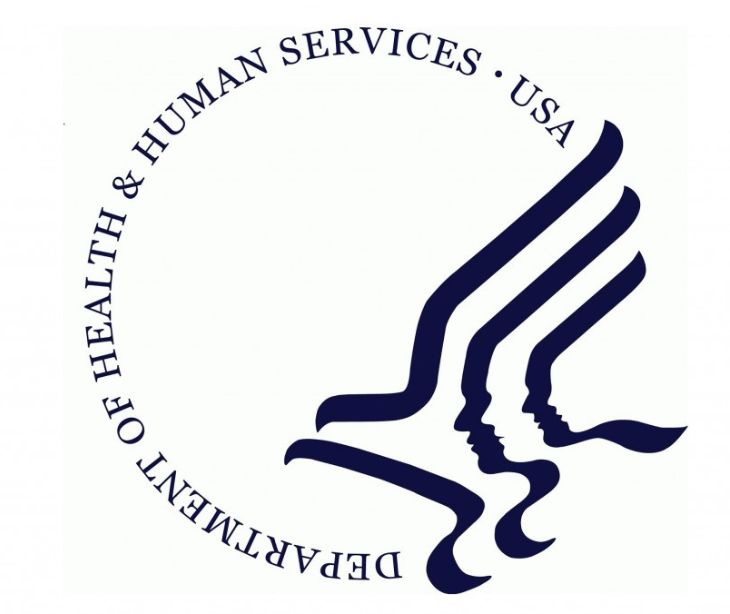2 min read
Crafting an effective sanction policy for HIPAA compliance
Liyanda Tembani
November 11, 2024

Sanction policies are rule sets that healthcare organizations use to define internal penalties for HIPAA violations.
As advised in the OCR's October 2023 cybersecurity newsletter, healthcare organizations must craft effective sanction policies to protect patient data, ensure HIPAA compliance, and reduce legal and reputational risks. According to the OCR, "An organization’s sanction policies can be an important tool for supporting accountability and improving cybersecurity and data protection. Sanction policies can be used to address the intentional actions of malicious insiders, such as the stealing of data by identity-theft rings, as well as workforce member failures to comply with policies and procedures."
1. Formal documentation
A well-structured sanction policy begins with formal documentation that clearly outlines the process for implementing sanctions. This will be a reference for the organization and its workforce, ensuring a consistent approach to sanctions.
When creating this formal documentation, consider involving compliance officers well-versed in HIPAA regulations. They can help ensure the policy aligns with the law and offers the necessary protections.
2. Acknowledgment
You must require all workforce members to acknowledge the organization's HIPAA policies and procedures.
This acknowledgment confirms that employees know violating these policies may lead to sanctions and sets clear expectations.
To enhance the acknowledgment process, consider conducting regular training sessions and assessments. These sessions can educate employees on HIPAA regulations and the organization's sanction policy. Periodic assessments can help gauge the workforce's understanding and ensure that they are up to date with the latest guidelines.
Related: How to develop HIPAA compliance policies and procedures
3. Record keeping
Maintain detailed records of the sanction process for HIPAA compliance. These records should include:
- Information on the personnel involved
- Procedural steps
- Timeframes
- Reasons for sanctions
- The outcome of any investigation
Note: These records should be retained for at least six years.
Digital record keeping ensures the preservation of records and can simplify the retrieval process, allowing for quick access when needed. Moreover, consider implementing encryption and access controls to protect the confidentiality and integrity of the stored records.
4. Appropriateness
The effectiveness of a sanction policy lies in its appropriateness, meaning that sanctions should be proportional to the nature of the violation.
When determining the appropriateness of sanctions, consider creating a clear guideline that factors in the nature of the violation. For example, establish categories of violations, such as minor, moderate, and severe, and specify corresponding sanctions for each category. This approach eliminates ambiguity and provides a framework for decision-making.
5. Variability of sanctions
A well-crafted sanction policy should account for the variability of violations. Consider factors such as:
- The severity of the violation
- Intent
- A pattern of improper use or disclosure of protected health information (PHI).
Sanctions that vary based on these factors allow for a more nuanced response to violations.
6. Range of sanctions
In line with variability, you must create a range of sanctions, ranging from warnings to termination. Different types of violations and their severity demand different responses.
7. Providing examples
It's beneficial to provide examples of potential violations of policy and procedures to assist workforce members in better understanding their obligations under HIPAA. These examples are practical illustrations of what is expected, helping employees make informed decisions in their daily activities.
FAQs
How can sanction policies help prevent repeated HIPAA violations?
Sanction policies can deter repeated offenses and reinforce the importance of compliance among all staff members by addressing violations promptly and appropriately.
Are there specific considerations for sanctioning contractors under HIPAA?
Yes, sanctions for contractors may differ and should align with terms in their contracts, clearly specifying accountability and consequences for HIPAA violations.
How can a healthcare organization balance sanctions with corrective action?
Sanctions should often be accompanied by corrective actions, such as additional training or support, to help employees understand and avoid future mistakes while reinforcing a culture of compliance.
Subscribe to Paubox Weekly
Every Friday we bring you the most important news from Paubox. Our aim is to make you smarter, faster.




